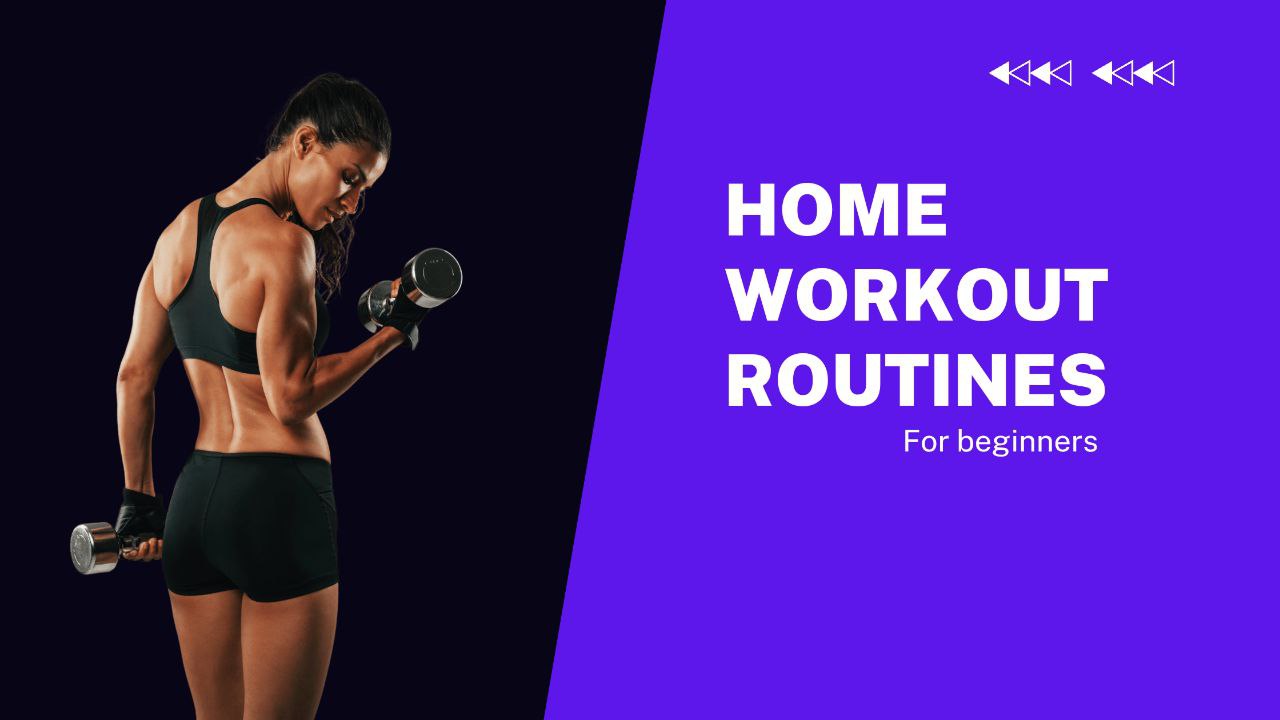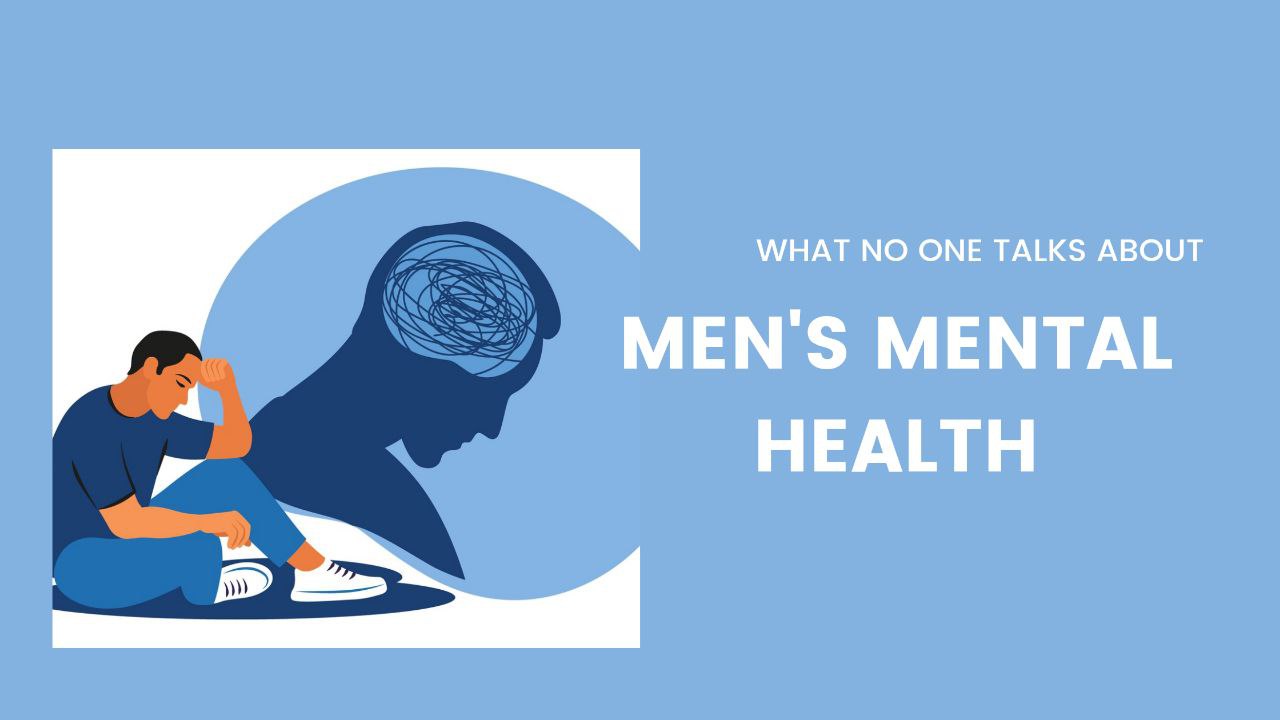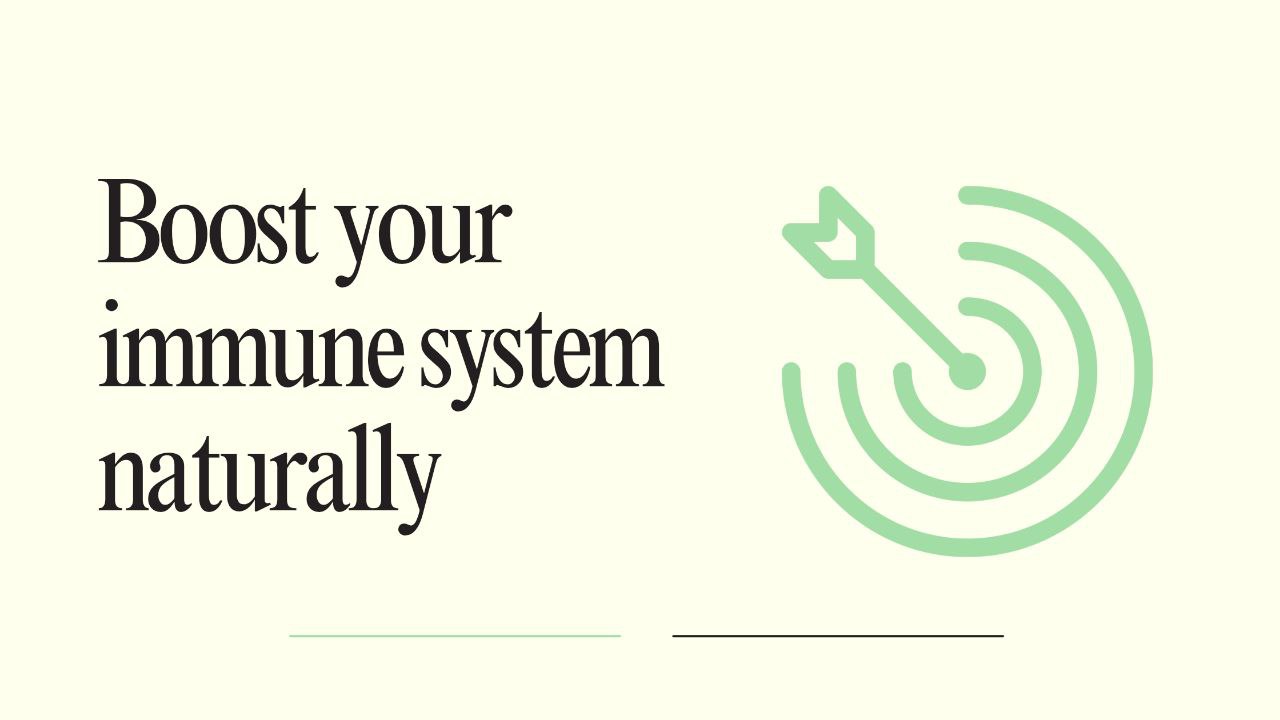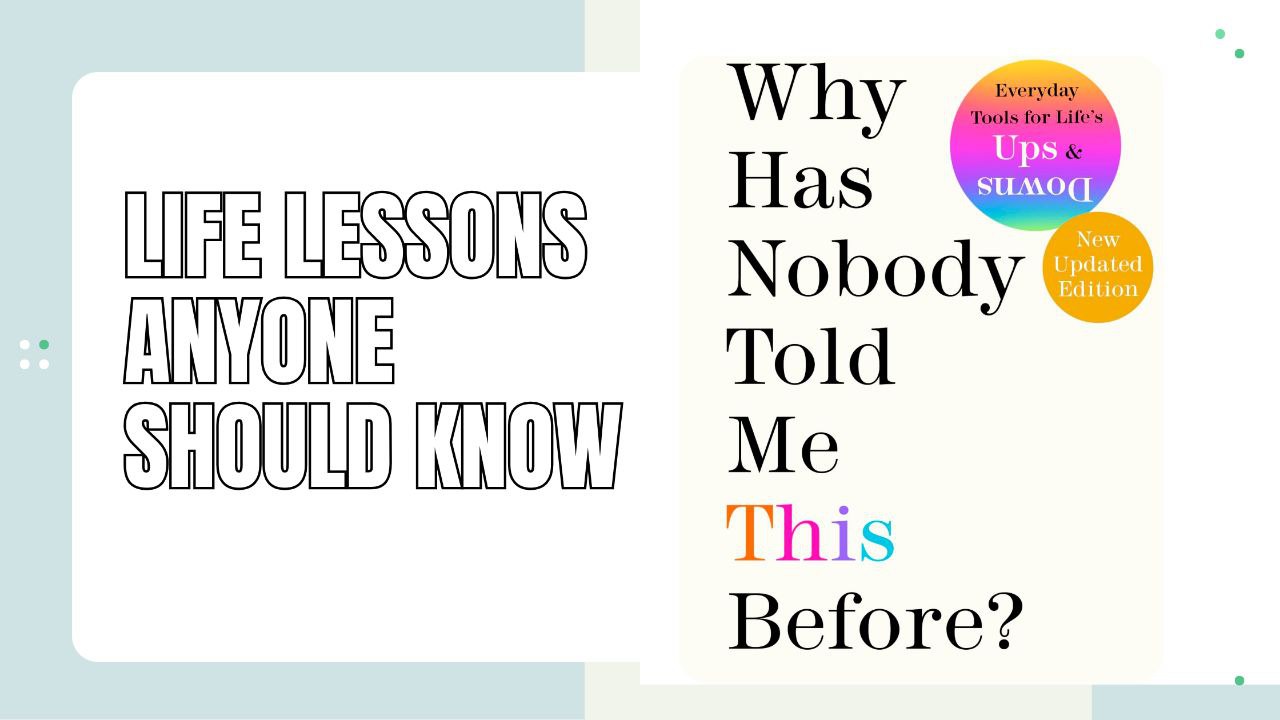Digital burnout and health are more connected than you think. Discover how 24/7 connectivity is silently damaging your body and brain—and how to take back control.
The Modern-Day “Invisible Chain”
Remember when work and personal life had clear boundaries? When you could log off, leave the office, and actually relax?
Now, thanks to smartphones, emails, and social media, we are never truly “off.” Even at home, notifications keep buzzing, messages demand instant replies, and the pressure to stay connected is never-ending.
This constant digital burnout is not just exhausting—it’s damaging your health and mind in ways you don’t even realize.
The Hidden Link Between Digital Burnout and Health:
We often associate burnout with mental exhaustion, but your body suffers too. The constant stress of being always available triggers biological changes that can lead to severe health issues.
1. Your Brain is Stuck in “Emergency Mode”
You may think you’re just checking a quick message, but your brain perceives every notification as a demand for attention.
📌 What Happens:
- Each ping or buzz activates your fight-or-flight response.
- Your body releases cortisol (the stress hormone), making you anxious.
- Your brain never fully relaxes, even when you’re “off-duty.”
🔴 Long-term effects: Chronic stress weakens memory, slows cognitive function, and increases the risk of depression and anxiety.
💡 Fix It:
- Turn off non-essential notifications.
- Use “Do Not Disturb” mode during personal time.
- Schedule digital-free breaks throughout the day.
2. The Sleep Crisis: Why You Wake Up Tired (Even After 8 Hours)
Do you wake up exhausted, even after a full night’s sleep? Digital burnout is likely the reason.
How Screens Are Ruining Your Sleep:
- The blue light from screens suppresses melatonin, the sleep hormone.
- Late-night messages and emails keep your brain engaged, delaying deep sleep.
- Your brain stays in “anticipation mode,” waiting for the next notification.
💡 Shocking Fact: Even if your phone is in another room, your brain remembers it exists and remains semi-alert—just in case.
✅ Real Fix:
- No screens 1 hour before bed.
- Keep your phone outside the bedroom.
- Use a traditional alarm clock instead of your phone.
3. Why Simple Tasks Feel Overwhelming
Ever feel like even small decisions—like replying to emails or planning your day—drain your energy? That’s because your brain is constantly switching between tasks, burning more mental energy than it should.
📌 The “Hyperfocus Drain” Effect:
- You jump between apps and emails, never fully focusing.
- Your brain keeps resetting, making simple tasks feel exhausting.
- Even when you’re “relaxing,” your mind isn’t truly at rest.
🧠 Crazy Fact: Studies show that frequent notifications cause cognitive overload, making your brain process information like someone with ADHD—even if you don’t have it.
✅ How to Fix It:
- Turn off push notifications for emails and social media.
- Schedule “focus blocks” where you do deep work with zero interruptions.
- Use the 20-20-20 rule: Every 20 minutes, look at something 20 feet away for 20 seconds to reset your brain.
4. The Dopamine Trap: Why You’re Addicted to Your Phone
Ever check your phone without even thinking about it? That’s because digital burnout and health are deeply linked to dopamine addiction.
How Technology Hacks Your Brain:
- Every notification releases dopamine, the pleasure chemical.
- Your brain craves the next hit, making you check your phone repeatedly.
- Over time, real-life interactions feel less rewarding compared to digital interactions.
💡 Weird Truth: Your brain gets more dopamine from the anticipation of a notification than from actually reading it.
✅ How to Fix It:
- Set app time limits.
- Keep your phone in grayscale mode—it reduces dopamine triggers.
- Replace mindless scrolling with offline activities (books, walks, conversations).
5. Why Digital Burnout is Making You Feel Lonely
You stay connected. You’re in multiple group chats. You reply to messages all day.Yet, somehow… you still feel lonely.
📌 The Illusion of Connection:
- More digital interaction doesn’t mean deeper relationships.
- Texting replaces face-to-face emotional connection.
- Your brain confuses digital socializing with real bonding, leaving you feeling empty.
💡 What No One Tells You: The rise in digital communication coincides with an increase in loneliness and depression. People feel “connected” but emotionally unfulfilled.
✅ How to Fix It:
- Have at least one real conversation per day (voice or in-person).
- Plan offline meetups instead of just texting.
- Limit social media use and focus on quality interactions.
The Digital Detox Plan: How to Reclaim Your Health
You don’t need to quit technology. But you do need to control how it controls you.
✅ Simple Digital Burnout Recovery Steps:
- Pick 2 hours daily with no phone use.
- Move social media apps off your home screen (out of sight, out of mind).
- Use an actual watch instead of checking your phone for the time.
- Set clear “offline hours”—your availability is your choice.
Final Thought:
A decade ago, people lived without checking their phones every five minutes. Today, constant availability feels like an expectation—but at what cost? Your brain, body, and emotional well-being are paying the price for digital burnout. Take a step back, set boundaries, and reclaim your time. The world will keep demanding your attention, but your health should always come first.







